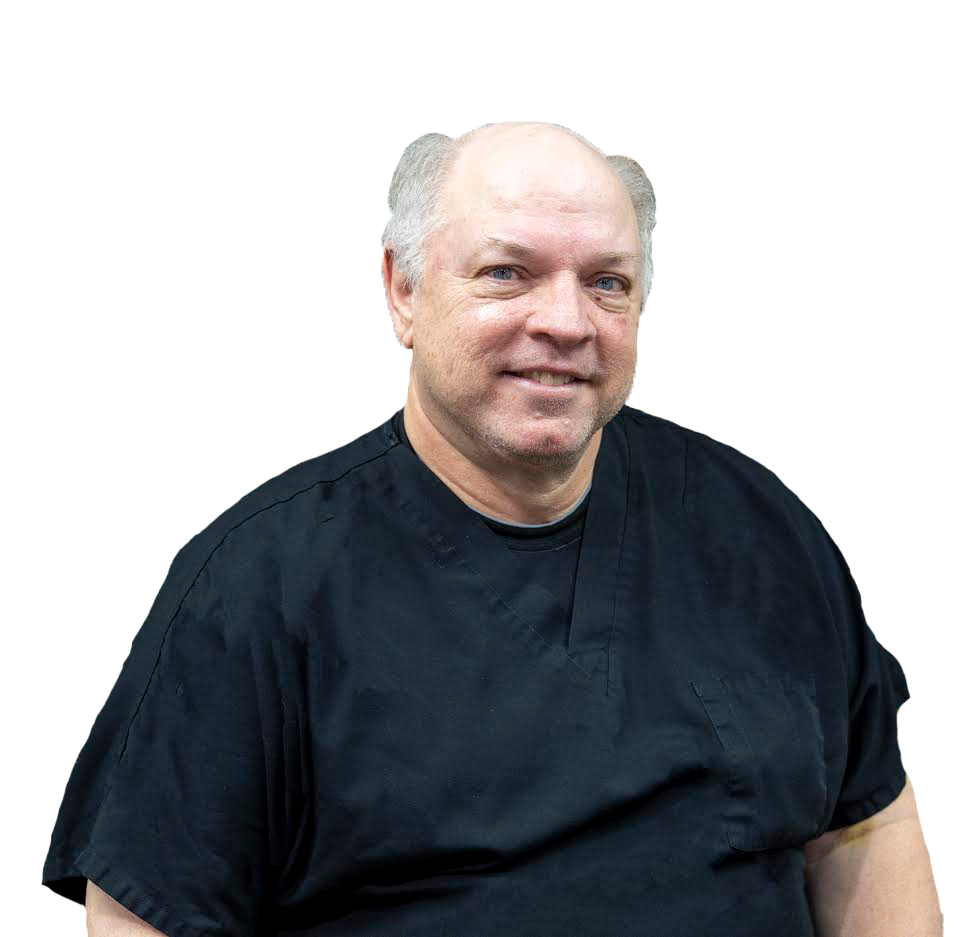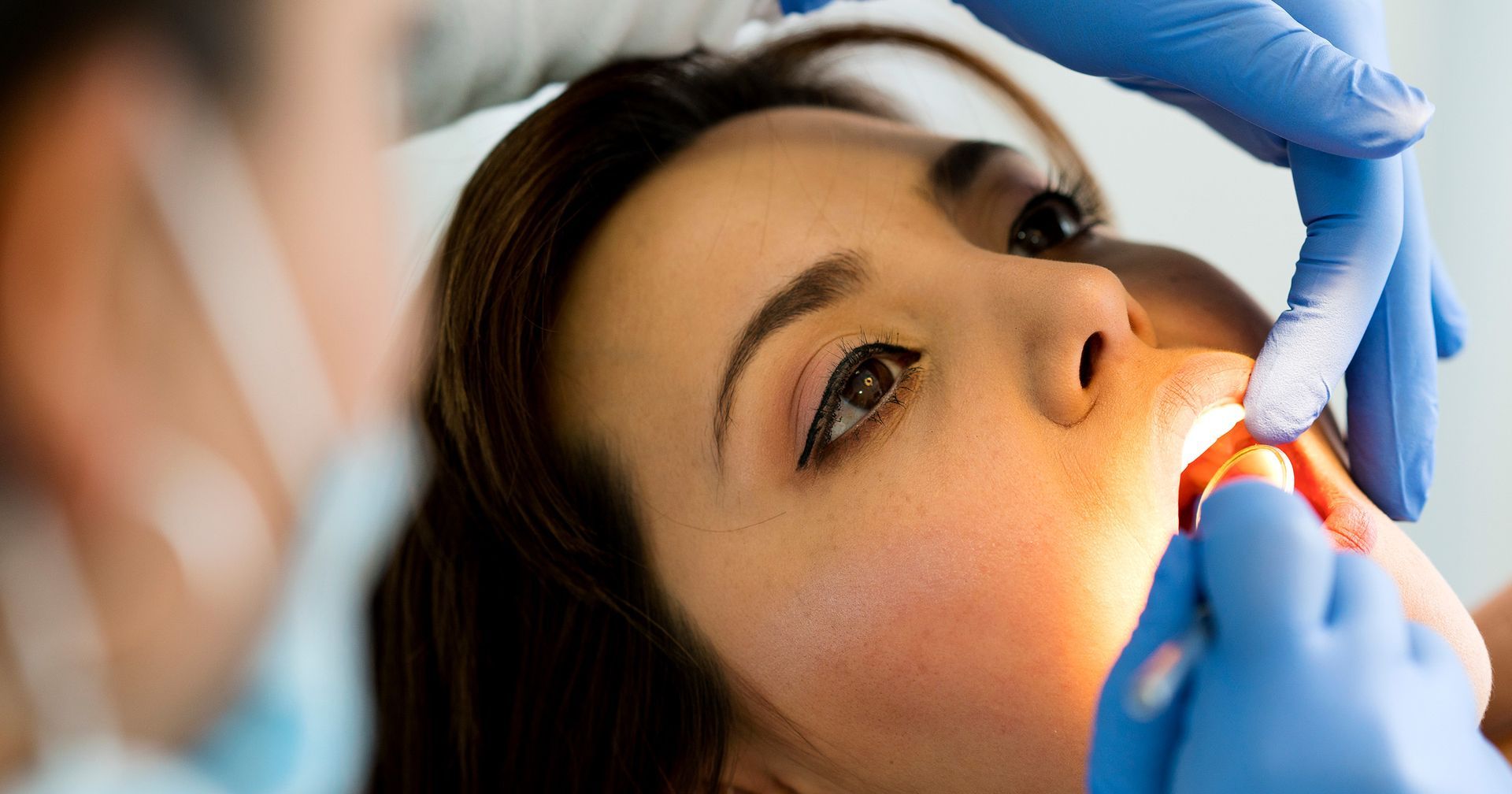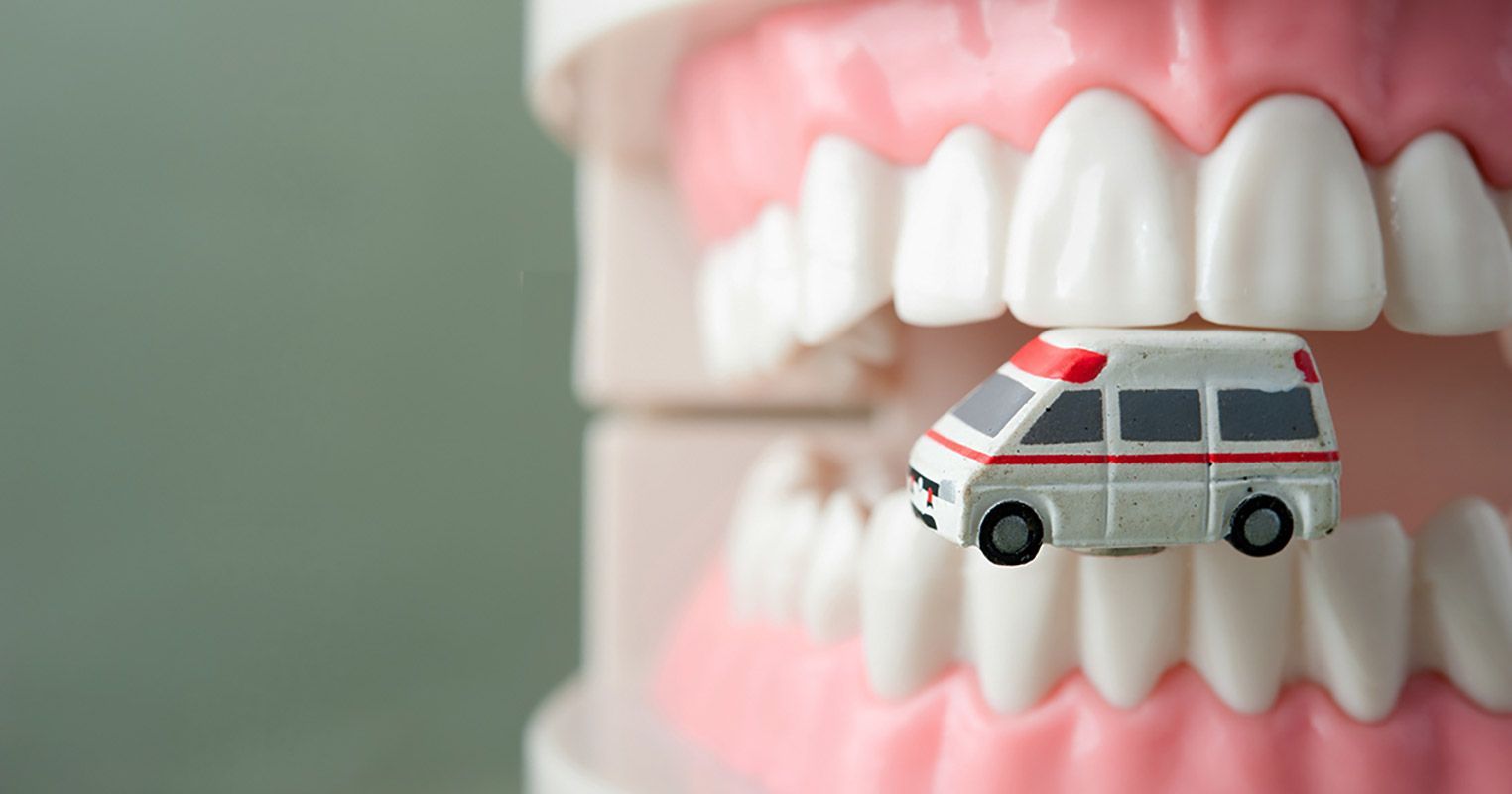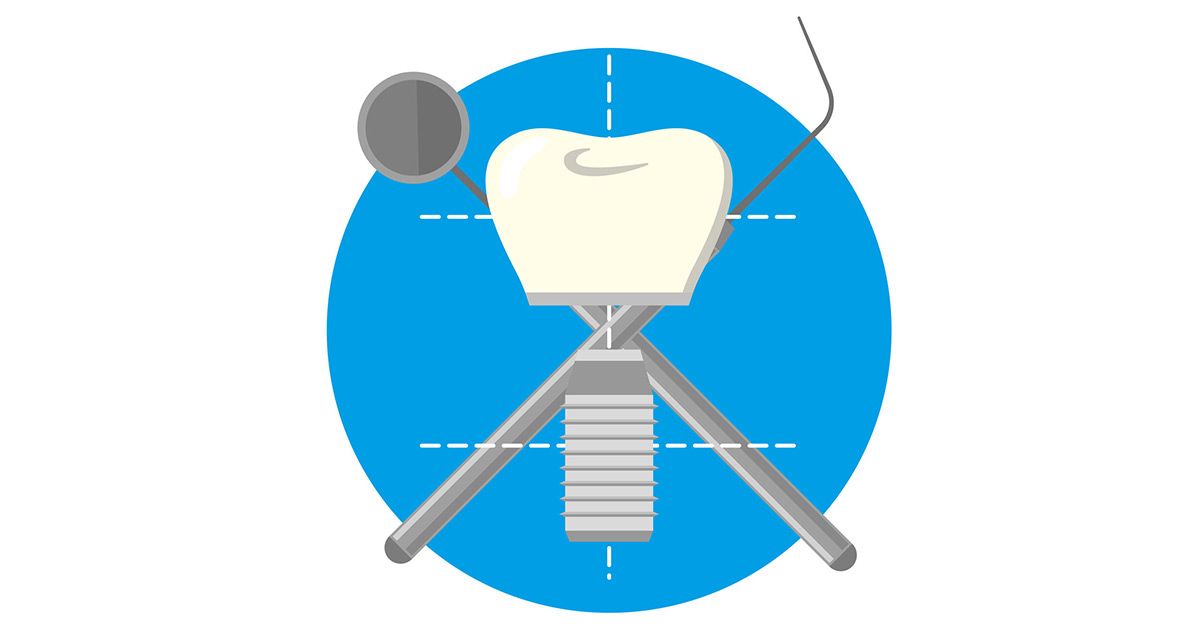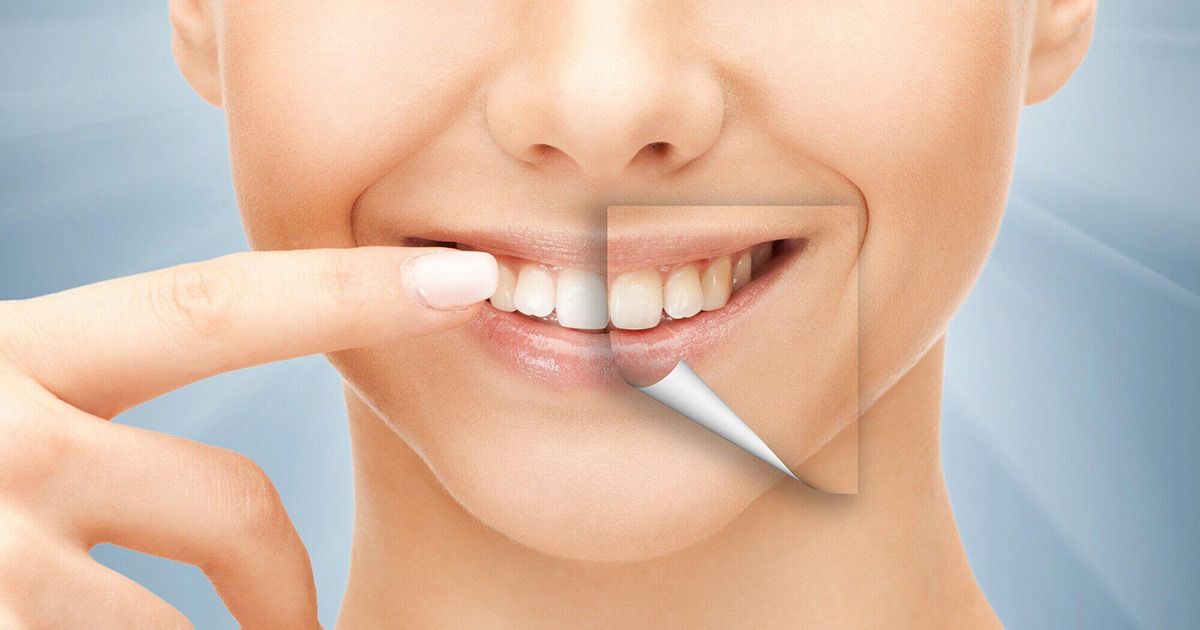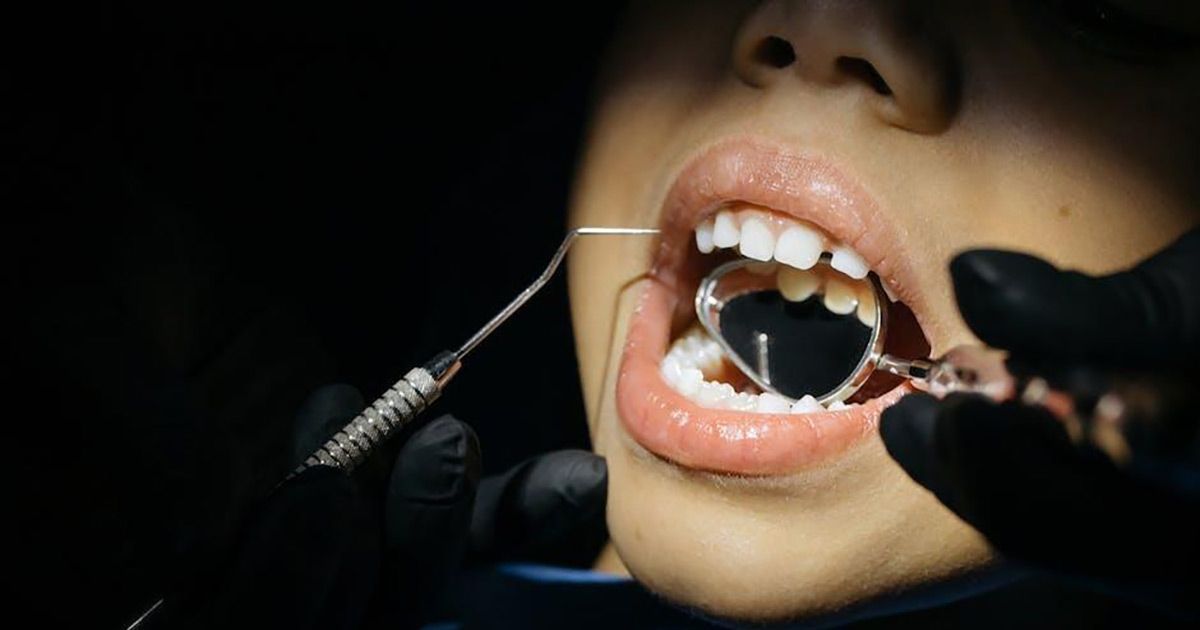Identifying and Preventing Gum Recession
Dr. Barry LeJeune
Receding gum lines is unfortunately common in adults, but it can be a slippery slope. Learn how to prevent and spot gum recession early!
Taking good care of your oral health involves more than looking out for your teeth. People tend to overlook their gums and not care for them properly, but in reality, your gums play a massive role in your mouth's health. Unhealthy gums can jeopardize your teeth and lead to all kinds of medical conditions, including gum recession.
Unfortunately, gum recession has become common. Researchers have discovered that over 47% of adults aged 30 and older suffer from gum recession. Are you suffering symptoms of this disease, and is there a way to prevent it?
We have created a brief guide for you on everything you need to know about gum recession and what you can do to prevent it.
What Is Gum Recession?
What Causes Gum Recession?
Several factors can cause gum recession. Actually, receding gums can be a sign of another underlying periodontal disease, such as progressed gingivitis or gum disease. These medical conditions bring along bacteria that will inflame and infect your gums, leading to gum recession.
Another reason may be due to your genes. Some people are more susceptible to gum disease despite how well they care for their oral health. Poor health care, such as aggressive brushing or not flossing enough, can also increase your risks of gum recession.
Symptoms of Gum Recession
There are various symptoms you should look out for.
- Bleeding of gums after brushing or flossing
- Bad breath
- Overly sensitive gums
- Pain in gums
- Swollen or red gums
- Visibly larger teeth or exposed tooth root
- Bad breath
If you think you're experiencing symptoms of gum recession, visiting your dentist for a thorough evaluation may be the right call. Your dentist will perform a series of exams in order to diagnose it.
They will most likely start off with a physical examination, followed by measuring your gum line using a probe. It's a process that consists of using a small and painless ruler to make sure your pocket sizes are at the expected size. They should be from 1-3 millimeters, but if they are larger than that, then that can be considered a sign of gum recession.
Treatment for Receding Gums
The treatment all depends on the severity of your case. In mild cases, your dentist might just prescribe antibiotics to treat the gum recession's underlying issue, such as infection. This may also include antimicrobial mouthwash, topical antibiotic gel, or even enzyme suppressants.
If your gum recession has progressed too much, then your dentist might suggest surgery.
Surgery for Gum Recession
There are two kinds of surgery your dentist can perform: flap surgery and grafting.
With flap surgery, your dentist will focus on eliminating and extracting all bacteria from deep within your gums. They'll do this by pulling back your gums enough for them to clean the area thoroughly. Once they complete the procedure, they will carefully place your gums back to the way they were.
Grafting, on the other hand, is for the most serious of cases. The purpose of this procedure is to help revive or restore the bone structure or gum tissue. Your dentist will place a synthetic particle in your gum tissue to motivate its growth. However, this surgery won't show immediate results, and the only way you can see its benefits is by sticking to a strict oral care routine.
Untreated Gum Recession
The consequences of not treating receding gums on time can lead to you developing the more severe disease called chronic periodontitis. Your periodontal tissues will suffer chronic inflammation. The inflammation can destroy the tissue that supports your teeth.
Gradually, this will result in teeth loss. Consequently, you'll have trouble with your speech, with chewing, and your smile will have suffered aesthetic damage as well. People who have cardiovascular disease, diabetes, or are pregnant run a higher risk of developing periodontitis.
Prevent Gum Recession
Firstly, you need to establish a good dental care routine. That means brushing and flossing regularly and correctly. But, the best way to prevent it is by visiting your dentist for frequent checkups. You might not have symptoms, but your dentist can always detect any gum recession early or warn you of possible signs you might have overlooked.
Also, scheduling regular dental cleanings is a great way to prevent gum recession. Usually, tartar and plaque can build up in our gums, and it's highly difficult to cleanse it away on your own, if not, impossible. Dentists are qualified professionals that will be able to know how to remove all sorts of plaque and bacteria thoroughly.
Visit Your Dentist
At LeJeune Family Dentistry, we offer various services to help you treat gum recession and prevent it from getting worse. Our professional and certified staff is ready to examine your case and make the right recommendation for your dental issues. Contact us today!

